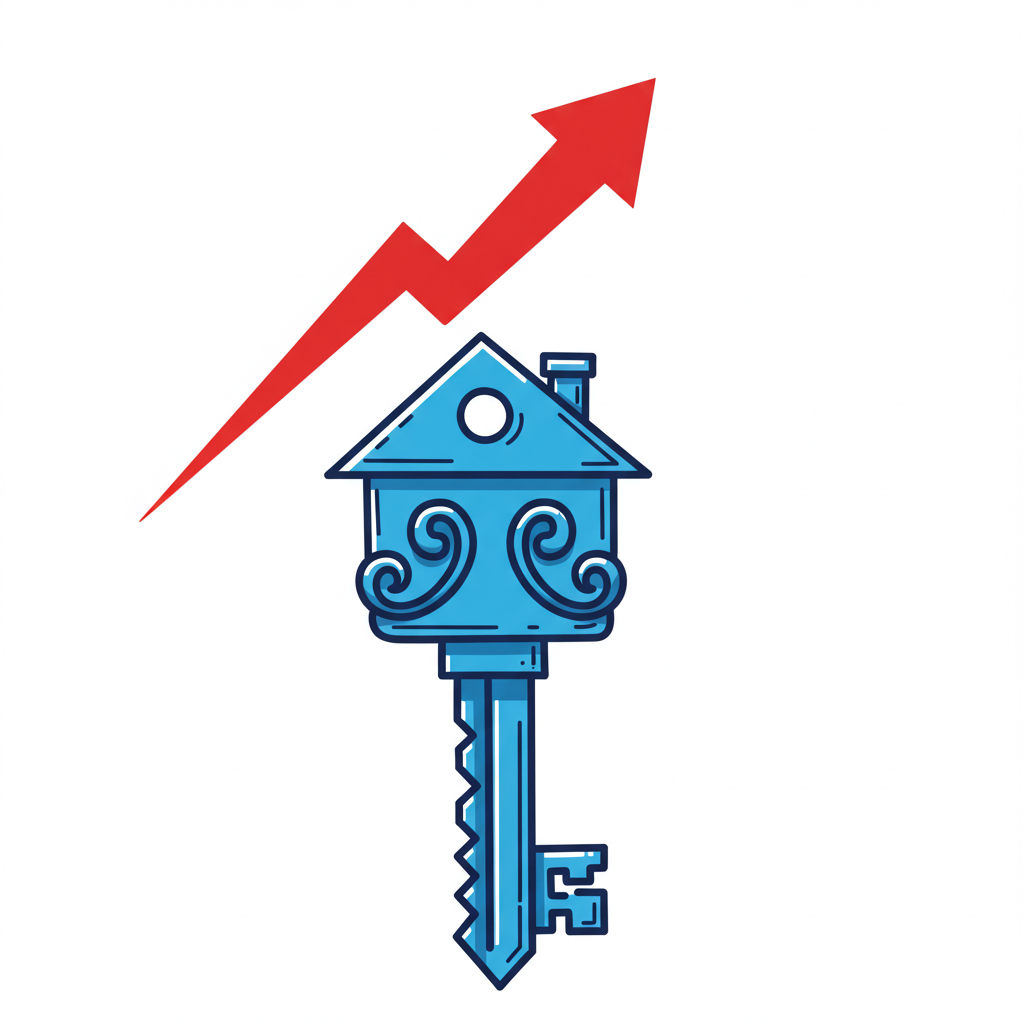If you’re thinking about buying a home in Calgary or Chestermere, you’ve probably wondered: Is it better to buy or keep renting? With rising rental prices, a competitive housing market, and long-term investment potential, homeownership is an attractive option. However, buying a home is a big commitment, and renting has its own advantages.
So how do you decide? Let’s break down the financial, lifestyle, and investment factors specific to the Calgary and Chestermere real estate markets to help you make the best choice.
Buying vs. Renting: The Calgary & Chestermere Perspective
When comparing homeownership to renting, we need to consider both tangible financial benefits and lifestyle factors that affect your long-term future in Calgary and Chestermere.
2. What’s Happening in the Calgary & Chestermere Housing Market?
Before making a decision, it’s important to look at local market trends. Here’s what’s happening right now:
✅ Home Prices in Calgary & Chestermere Are Rising
Calgary's real estate market has seen steady appreciation, with detached homes, townhomes, and even condos increasing in value.
Chestermere has become a popular family-friendly alternative to Calgary, with larger homes and lakefront properties attracting buyers.
✅ Rental Prices Are Surging
According to recent reports, Calgary rents have increased by over 15% in the past year.
The vacancy rate is extremely low, meaning fewer rental options and higher prices.
✅ Buying Offers a Hedge Against Inflation
With mortgage rates stabilizing and rental costs increasing, locking in a fixed mortgage payment offers cost predictability over time.
✅ Demand for Homes in Chestermere Is Growing
Many homebuyers are choosing Chestermere for its larger homes, quieter suburban lifestyle, and access to the lake while still being close to Calgary.
3. Does Buying a Home in Calgary or Chestermere Build Wealth?
One of the biggest advantages of buying a home is long-term wealth building through real estate appreciation.
Home Value Growth in Calgary & Chestermere
Historically, Calgary real estate appreciates 3-5% per year.
A $500,000 home appreciating at 4% annually would be worth:
$608,000 in 5 years
$740,000 in 10 years
Comparing Mortgage Paydown vs. Renting
A portion of every mortgage payment goes toward your equity—meaning you own more of your home each month.
If you rent, 100% of your monthly payment goes to your landlord.
Example: ROI on a Home in Calgary/Chestermere
Let’s say you buy a $500,000 home with a 10% down payment ($50,000). If the home appreciates 4% per year, in 5 years, it would be worth $608,000.
That’s a $108,000 equity gain, making the ROI 216% on the original $50,000 down payment—a return that renting cannot provide.
4. When Does Renting Make More Sense in Calgary?
While buying has strong long-term benefits, there are situations where renting may be the better choice:
Short-Term Living Plans – If you plan to move within 2-3 years, renting may be more cost-effective.
Market Timing – If interest rates are high and you want to wait for a better buying opportunity.
Financial Readiness – If you lack a down payment or don’t have an emergency fund for home maintenance.
Career Flexibility – If your job requires frequent relocation.
5. Should You Buy or Rent in Calgary/Chestermere?
To help decide, ask yourself:
✔️ Do I plan to stay in Calgary or Chestermere for 5+ years?
✔️ Can I afford the mortgage, property taxes, and maintenance?
✔️ Do I want to build equity and benefit from home appreciation?
✔️ Am I ready for the responsibilities of homeownership?
If you answered yes, buying may be the better financial and lifestyle choice. However, if you need flexibility or time to save, renting may work for now—but it’s important to have a plan for the future.
Final Thoughts: Calgary, Chestermere’s and Surrounding Area’s Market is Favorable for Homebuyers
The Calgary and Chestermere housing markets continue to show strong appreciation, making homeownership a great long-term investment. With rents rising and inventory tightening, locking in a fixed mortgage can help you build wealth, gain stability, and avoid rising rental costs.
If you’re considering buying a home in Calgary or Chestermere, our team can help you navigate the market, find the right property, and secure the best deal.
📞 Contact us today for a free consultation and explore your homeownership options!
Disclaimer
This blog is for informational purposes only and should not be considered financial, tax, or real estate advice. Always consult with a mortgage professional, financial advisor, or real estate expert before making any major financial decisions.

